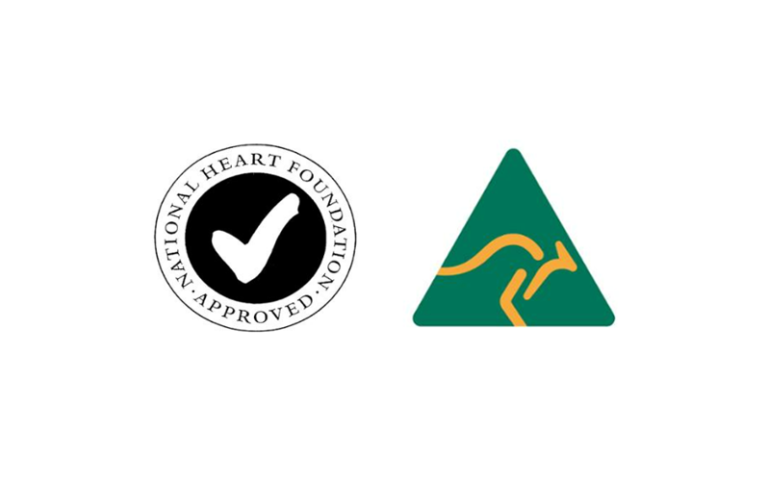A decision likely to sting - a win for Australian Manuka honey producers
The Manuka Honey Appellation Society of New Zealand recently withdrew its High Court appeal against the UK Intellectual Property Office decision to refuse an application to register the certification trade mark “Manuka Honey” in a win for Australian Manuka honey producers.
The origins of “Manuka honey”
- The word “Manuka” is well-known for premium honey products. However, the word “Mānuka” is a Maori word.
- Maori have long used Manuka for its myriad of purposes from food to medicinal uses.
- Manuka honey is derived from the Manuka plant leptospermum scoparium, which is endemic to New Zealand and blooms for just two to six weeks per year, however the Manuka plant is also found in Australia.
- In New Zealand, a product can only be called “Manuka honey” if it is derived from the leptospermum scoparium plant whereas across the ditch, Australian producers derive their Manuka honey from over 80 species of Manuka plant.
Manuka honey dispute
In December 2017, the UK Intellectual Property Office (UKIPO) accepted a certification trade mark for “Manuka Honey” for registration. That trade mark was subsequently assigned to The Manuka Honey Appellation Society Incorporated (Applicant).
A certification trade mark differs from a standard trade mark as it distinguishes goods or services dealt with in trade and certified by the owner of the trade mark or approved certifier, from goods or services which are not certified. A certification trade mark certifies and guarantees that the goods bearing the trade mark possess particular characteristics such as:
- a quality, composition, place of origin, manufacturing method or suitability for a particular task and
- the party using the mark has complied with the regulations specified by the mark.
The Australian Manuka Honey Association Ltd (Opponent) opposed the registration of the certification trade mark under Section 3(1)(b)(c) and (d) of the Trade Marks Act 1994 (United Kingdom) on the basis that:
- As Manuka honey can be produced outside of New Zealand, the trade mark is not capable of distinguishing the Applicant’s certified goods from non-certified goods produced in other countries.
- The trade mark consists of a sign which may indicate the kind or other characteristics of the goods.
- The trade mark is a sign which has become a customary term in the honey trade. That is, Manuka honey is a descriptive term for honey made from the manuka tree leptospermum scoparium, irrespective of where it is grown.
The Opponent was concerned that due to widespread use of the word Manuka on both sides of the Tasman, granting trade mark protection would provide an unfair monopoly to New Zealand because the certification requirements would mean the Manuka Honey mark could only be applied to products in the UK which were produced in New Zealand.
The Applicant argued that the term “Manuka” is not a common English name or a common name for the plant leptospermum scoparium. Further, the Applicant argued that the mark qualified as a certification trade mark and was capable of distinguishing honey produced in New Zealand from the leptospermum scoparium plant from its overseas counterparts.
The decision
The UKIPO refused the applicant’s mark on the basis that it did not meet the requirements of a certification mark because the mark lacks an inherent capacity to distinguish its honey certified goods from those of other non-certified goods.
The UKIPO acknowledged that the word “Mānuka” is originally a Maori word and determined the word has become anglicised by removal of the macron. As the word now forms part of the English language with dictionary meanings, the UK public would perceive Manuka as a purely descriptive term for honey and not a Maori word.
Considering the evidence, the UKIPO found it is common practice in the honey industry to produce a label in the format where the brand is alongside the type of honey as in the following examples:
- Tesco Finest Acacia Honey
- Sainsbury’s Orange Blossom Honey
- Rowse Squeeze Wildflower Honey
- Waitrose Scottish Heather Honey
- Rowse Manuka Honey 10+
- Steens Raw, Cold Pressed Manuka Honey 15+
The UKIPO therefore held that Manuka honey has become a descriptive term to indicate a type of honey, rather than function as a trade mark. They also found there was insufficient use of Manuka honey as a certification mark to demonstrate that Manuka honey exclusively originates from New Zealand, other than what was indicated on packaging and therefore the trade mark is not inherently capable of distinguishing its honey certified goods from honey that is not certified.
The UKIPO refused registration of the certification mark for Manuka Honey and awarded costs in favour of Australian Manuka Honey Association Ltd.
The decision emphasised that whether a non-distinctive mark has acquired distinctiveness as a certification mark depends on whether the mark is perceived as indicating certification or ‘officialness’ in the minds of the public. That is, a mark is either inherently distinctive or consumers have been educated to recognise that the sign indicates that goods are certified. The ‘Heart Foundation Tick Logo’ and ‘Made in Australia Logo’ are well-known examples of certification marks in Australia.

Key takeaways
- It is important to take into consideration the meaning of your mark in other jurisdictions (if any at all) when attempting to gain a certification registration.
- Business owners should be wary of selecting a trade mark with a meaning that other traders may wish to use to describe similar goods or services.
- A certification trade mark is useful to indicate that a good or services meets a particular quality, standard or is produced in a specific region. The requirements for filing and obtaining a certification registration are different in each jurisdiction.
- In Australia, certification trade mark applications are assessed by the ACCC to ensure it meets the rules for governing use of certification trade marks.
- In New Zealand, draft regulations governing the use of the proposed mark are submitted to the New Zealand Intellectual Property Office for approval within six months of filing an application.
For further reading on this decision see here.


